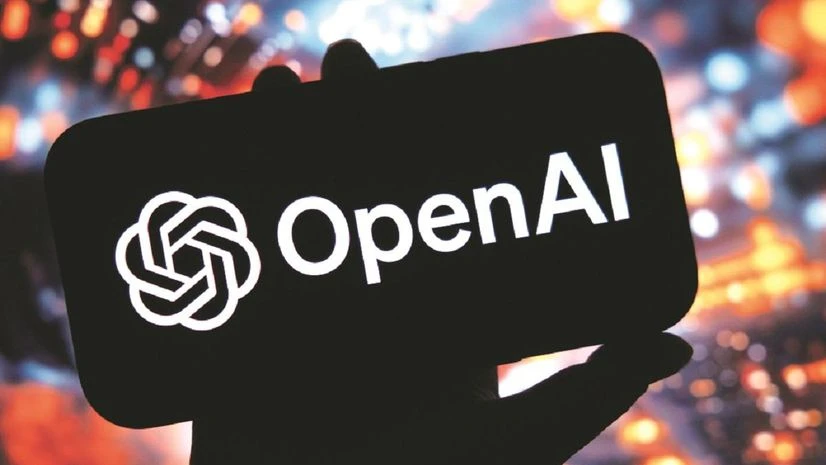Artificial intelligence leader OpenAI has introduced a significant update to ChatGPT, enabling the chatbot to browse the web and deliver real-time answers from current information. This development reshapes the chatbot experience, positioning ChatGPT as a strong competitor to Google and offering users a new, AI-driven alternative for online information discovery.
Starting Thursday, ChatGPT’s web search feature will be available to paying subscribers. The new function enables the chatbot to respond to questions by accessing up-to-date internet information and summarising its findings — a shift from relying solely on the vast yet fixed training data on which the chatbot was initially built.
The search capability is powered by Microsoft’s Bing engine, with OpenAI further expanding its content base through partnerships with notable publishers, including News Corp and the Associated Press. This expansion brings ChatGPT closer to a conventional search engine model, enhancing its potential to challenge Google and other competitors.
To address competition from ChatGPT and other AI-driven search tools, Google has already incorporated AI-generated summaries into its search results, complete with source citations. Startups like Perplexity, which use AI to improve search functions, have attracted considerable investor interest, with over $400 million in funding, according to PitchBook data.
Varun Shetty, OpenAI’s head of media partnerships, commented on the upgrade, highlighting its impact on accuracy: “We think it improves relevancy and decreases hallucinations, because of the ability to go out to the web.” This capability aims to provide users with richer, more accurate responses than ever before.
Also Read
Disruption to digital publishing: A turning point in search dynamics?
As more tech companies integrate AI tools capable of direct answers and summaries, the digital publishing landscape faces various challenges. Historically, Google has served as the internet’s primary gateway, driving traffic to publishers and allowing them to monetise through ads and subscriptions. However, AI-driven search capabilities from OpenAI, Google, and others could disrupt this model, offering users direct answers without the need to visit external sites.
This shift has sparked concerns among publishers, who argue that AI-driven tools risk undermining their businesses. Some contend these systems use their content without adequate compensation, and several news organisations have filed lawsuits against OpenAI, alleging copyright infringement.
OpenAI’s latest ChatGPT update could test how AI search models interact with the publishing world. To address some tensions, ChatGPT’s web search results include summaries paired with links to original sources. According to Shetty, articles from OpenAI’s partnered publishers might integrate better due to direct content feeds but do not receive prioritised ranking. Importantly, these content partners are not lowering their paywalls for users directed from ChatGPT, retaining control over their content.
Despite concerns, Shetty believes the new search tool could drive users to publisher websites. “We think they’ll be curious and want to click off and learn more,” he said, suggesting the summaries could prompt users to explore further by visiting original sources.
Google and ChatGPT in a battle for search supremacy
ChatGPT’s rapid growth since its 2022 launch has spurred speculation that Google’s dominance in search may face real competition as users seek answers directly from AI-powered tools. In response, Google has heightened its focus on AI, placing AI-generated answers prominently atop search results.
As of this week, Google reports that over 1 billion users globally see AI-powered answers in search results, as Chief executive officer Sundar Pichai shared during an earnings call. With about 250 million weekly users, ChatGPT continues to grow, though Google remains the world’s leading information gateway.
A new era for information amid election concerns
OpenAI’s expanded capabilities come as the US prepares for the November 5 presidential election, a time disinformation experts warn may see an increase in false claims online. OpenAI aims to counter misinformation by prioritising trusted sources for election-related searches, directing users to established outlets like the Associated Press and Reuters. “What we’ve tried to do is prioritise and elevate the highest quality and authoritative sources we have,” Shetty said.

)
